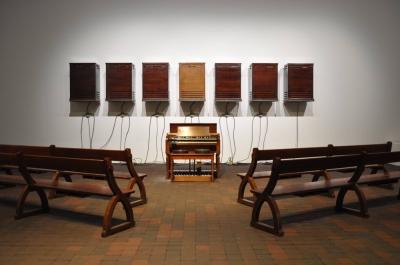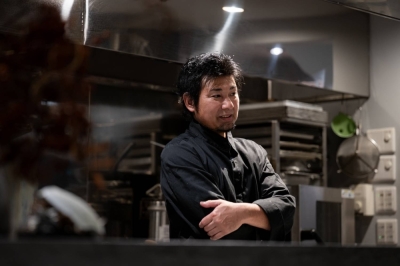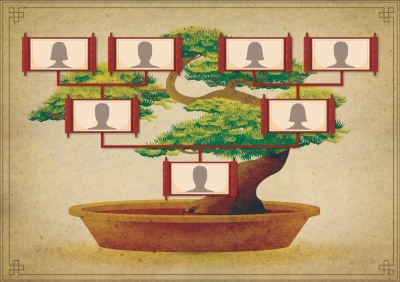HIGH NOTES
Aug 6, 2003
Aug 6, 2003
Aug 6, 2003
Jul 30, 2003
Jul 30, 2003
Jul 23, 2003
Jul 23, 2003
Jul 23, 2003
Jul 9, 2003
Jul 9, 2003
Jul 9, 2003
Jul 2, 2003
Jul 2, 2003
Jul 2, 2003
Jul 2, 2003
Jun 25, 2003
Jun 25, 2003
Jun 25, 2003
Jun 18, 2003


































